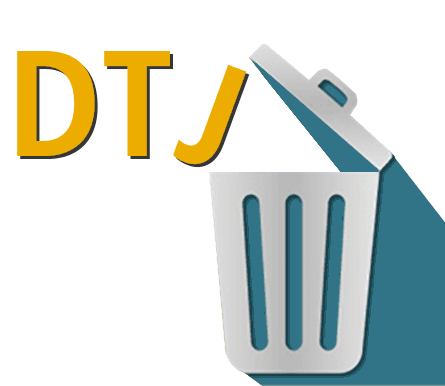Jargon Begone! List
The following jargon have been provided by the community. If you would like to contribute our jargon list please click on the Add to Jargon Begone! button.
| What jargon term annoys you the most? | Why? |
|---|---|
| 24/7 |
Too American |
| TLA |
Three Letter Acronym (it's an acronym for all the acronyms!) |
| Environmental scan |
This is used when an organisation researches what's happening in relation to something they are planning something. It sounds like some kind of robot with a laser scanning for something it wants to kill... |
| SIT; SCIRT; SACS; CTS; NITH; NOAH; RUSON; SIMON; AIDET; HIS; CDM; |
Some I don't understand or know about and others need to be called what they are. |
| sub-optimal |
Its a weasel word, a mealy-mouthed euphemism for "we stuffed up" |
| COB |
Makes me think of a cob loaf not close of business! Why can't we just say the end of the day or end of the work day |
| Leaning in |
It is supposed to mean that we are working together and supporting one another - why not just say lets work together and be supportive!!! |
| chronic |
Because the general community do not understand it, I have heard it used as a substitute as bad eg I have asthma, it's chronic, they don't mean its an ongoing, always there condition, they mean its really bad. And then we here about health professionals, govt talking about chronic conditions - what do they general public think this means - really bad conditions. Oh mine is not that bad... |
| consumer |
it dehumanises people |
| non-binary |
Not something in mainstream use yet |
| AOD |
Not even GPs understand the acronym for Alcohol and other drugs. I have seen websites for community health where "AOD programs" is used rather than "Help with drugs and alcohol" |
| onboarding |
I know it's a common HR term but it sounds too much like waterboarding - a torture technique - for my liking. Can't we use orientation instead? |
| neoplasm |
they wont understand, I too don't understand sometimes |
| Gaming |
"Gaming" refers to playing games, either online or in real life. It is not "gambling" and should not be used as a weasel word to make gambling seem nicer or less threatening. Especially by governments. "Minister for Gaming"? Really? How about "Minister For Exploitation"? |
| BOM |
During the height of last horrific Bush-fire season, a Senior Emergency person came forward and announced that he had just checked the "BOM" site. Anybody hearing that referral to the Weather Report could have assumed he was talking about a bomb attack adding to the already horrible unfolding disaster. I have a long list - DOCS, FACS, HSIE, COAG, DFAT, ACT, ADF, PDHPE, medical positive/negative results. Then there's the bonkers term "NEAR-MISS" . Need I explain? Well - I suffered a genuine "near-miss" recently when a driver "rear-ended" or crashed into my car and managed to "write-it-off". THAT WAS A NEAR-MISS, as far as I'm concerned. I'm still chasing him - the bastard drove off! |
| On boarding |
This is what you do to introduce new people to your organisation apparently. |
| Convo |
A conversation is a discussion between rational people |
| Peeps |
We are people not peeps |
| unprecedented |
Heard so often |
| RDP |
IT specific abbreviation that users may not know or understand. RDP stands for Remote Desktop Protocol and is a Microsoft software to access workplaces remotely. |
| What jargon term annoys you the most? | Why? |
Why should I pledge?
6 out of 10 of people in Australia have low health literacy.
Many Australians have trouble understanding and using information provided by organisations. They also have trouble navigating complicated systems like healthcare services.
When we use jargon, technical terms or acronyms, it is hard for people with low health literacy to understand and use information.
Pledge and take part in activities at your workplace. Make it easy for people with low health literacy to get better information and outcomes from services they use.
Pledge to Drop the Jargon
- Use plain language in all communication – with other staff and with clients
- Not use acronyms
- Explain medical and other technical terminology
- Check that information has been understood by your clients
- Work with a professional interpreter when your clients have low English proficiency
- Politely point out when your colleagues use jargon
